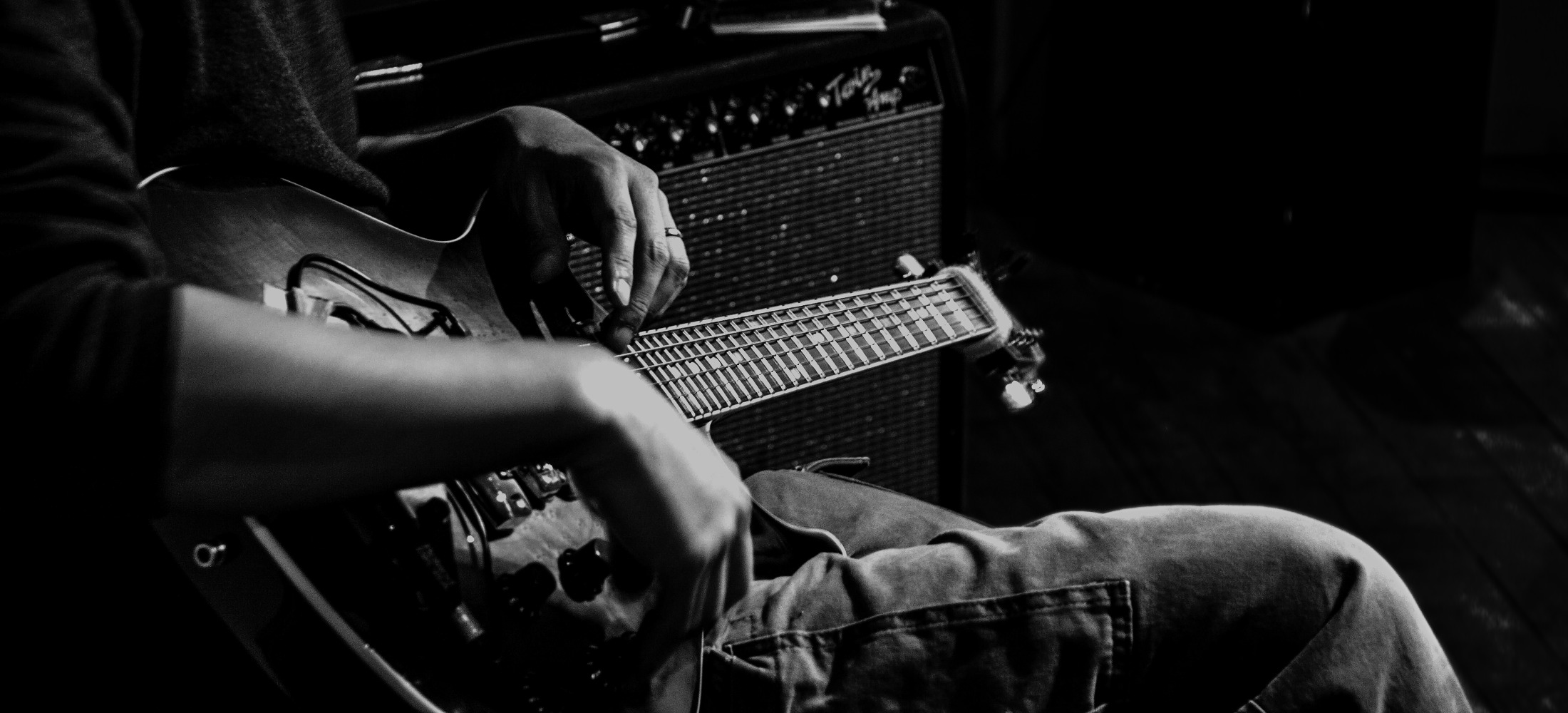Nick Didkovsky: “Wow. That was weird!”
Belated set of thanks for the performances earlier this month (June 5th and 9th). The biggest thanks to Nick Didkovsky and Catherine Sikora who made this Eris 136199’s stragest performance so far, with unexpected and unpredictable turns and juxtapositions; and big thanks to Michael Lytle who invited me to join him for a duo performance at ABC No Rio. Thanks also to Blaise Siwula for organizing and curating COMA: Citizens Ontological Music Agenda, and to the other musicians who shared the bill and both events. In particular, kudos to Ras Moshe, Shayna Dulberger and John Pietaro for stepping up and contributing a fantastic set (plus John said one of the nicest things about my playing after Eris’ set: “You’re the Rashied Ali of the group!”); and to Craig Flanagin and Frank Marino for their great vibe on and off stage. Special thanks to Scott Friedlander for his indefatigable and expert documentation—audio, video and photographic—and a hat tip to Don Mount for helping Eris come up with a title for our first improvisation. Last but not least, thanks to all who came to listen and witness the noise, complexity and play.
Next up: performance in July with Swim This (Nick Didkovsky: guitar; Gerry Hemingway: drums; and Michael Lytle: bass clarinet). See the performance diary for up-to-date info.
